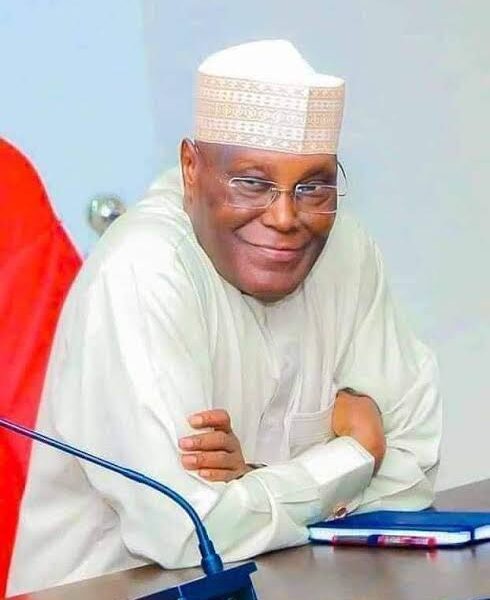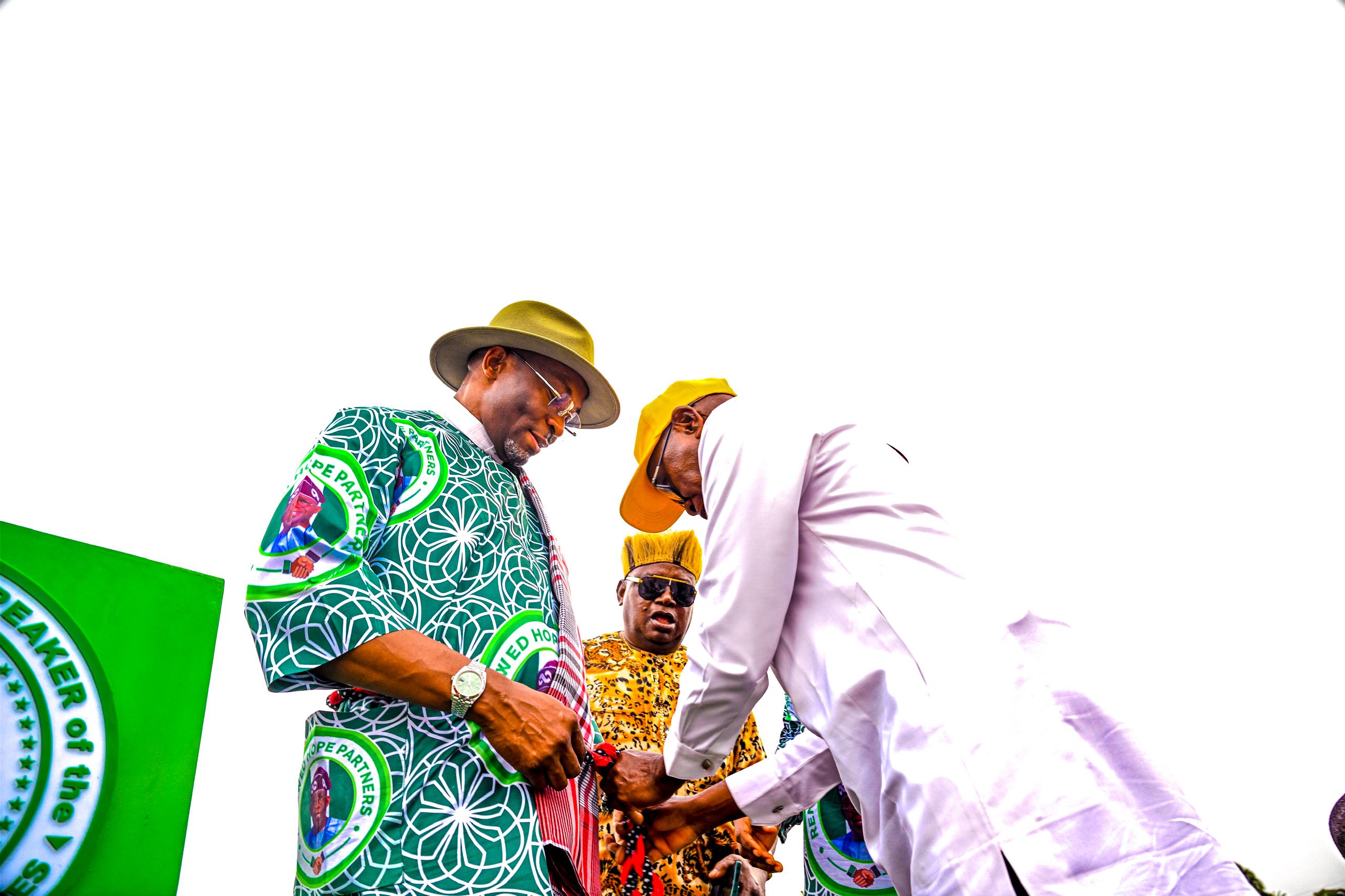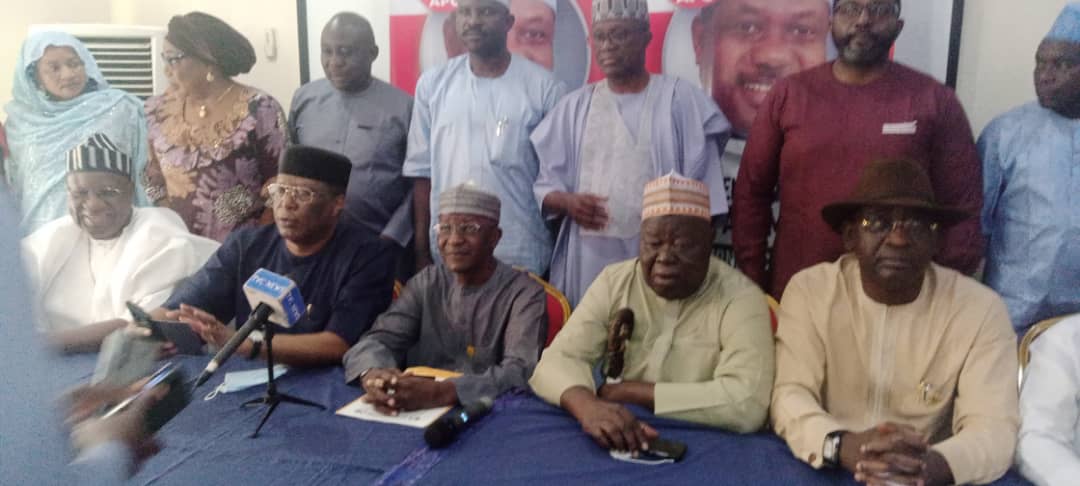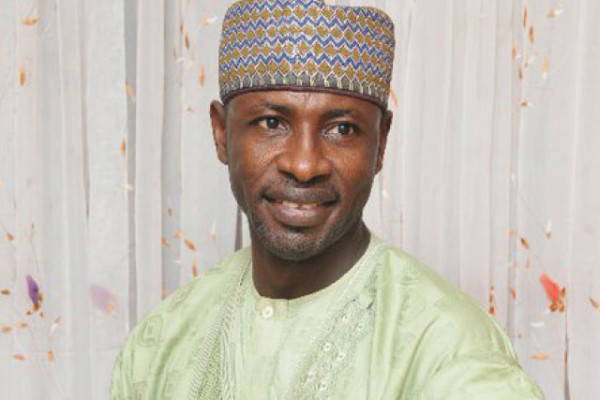***Calls for Strategic Planning and Empathy
Former Vice President of Nigeria and 2023 Presidential candidate for the Peoples Democratic Party(PDP) Atiku Abubakar has shared his vision for a reformed Nigerian economy, detailing what he would have done differently to address the country’s current economic challenges.
Responding to public interest in his approach, Abubakar outlined a detailed strategy focused on economic stability, institutional reforms, and social protection for vulnerable Nigerians.
Speaking through his chief spokesperson Mr. Paul Ibe, the former vice President emphasized the need for better planning and strategic reform implementation.
“Rather than focusing on me, Nigerians should be asking what President Tinubu can do now to alleviate the pain caused by his economic policies,” he stated. However, he expressed hope that some of his ideas might inspire solutions for Nigeria’s economic struggles.
Reeling out his strategy that included Comprehensive Economic Planning and Sequencing of Reforms, Abubakar underscored the importance of a well-coordinated reform strategy.
He argued that implementing major fiscal changes, such as fuel subsidy removal and exchange rate adjustments, all at once was too abrupt for Nigeria’s economic environment. “We would have sequenced our reforms to achieve fiscal and monetary alignment and avoid overwhelming the economy,” he explained.
He also dwelled on the need for transparent communication and public engagement highlighting the need for open communication with the public, stressing that public trust is essential for successful reforms. “Transparent communication with the public is essential to build public trust, which is important to ensure that citizens understand what the government is doing,” he said.

“One of Abubakar’s priorities would have been to establish robust social protection programs to shield low-income Nigerians from the impact of economic reforms. “Our reforms would have a human face,” he stated, outlining plans for a social safety net that would provide financial support and economic opportunities for the most vulnerable.
On specific Measures to Boost Economic Development Abubakar proposed the creation of $10b Economic Stimulus Fund to support small businesses across Nigeria.
The fund, he said, would empower MSMEs and support youth employment through targeted skills-to-job programs.
Abubakar’s plan included creation of an Infrastructure Development Unit directly under the presidency to coordinate infrastructure projects across the country.
“The IDU would work with ministries to oversee a $25 billion Infrastructure Development Fund to speed up projects in transportation, energy, and communication.
“To address Nigeria’s currency challenges, Abubakar advocated for a managed-floating exchange rate, rather than a fully flexible rate.
He argued that such an approach would help maintain currency stability while avoiding the pitfalls of a fixed rate system.
Abubakar reiterated his stance on subsidy removal, arguing for a gradual, phased approach that would allow the economy to adjust. He proposed reinvesting the funds saved into healthcare, education, and rural infrastructure, while increasing domestic refining capacity to reduce dependency on fuel imports.
In conclusion, Abubakar expressed hope that President Tinubu’s administration would consider some of these ideas to address the nation’s economic issues, emphasizing that Nigerians deserve leadership that prioritizes their well-being. “I believe that our sacrificial investments today will form the foundation for tomorrow’s development strides,” he said, affirming his commitment to a vision of “a New Nigeria.”
Culled from Everyday.ng




